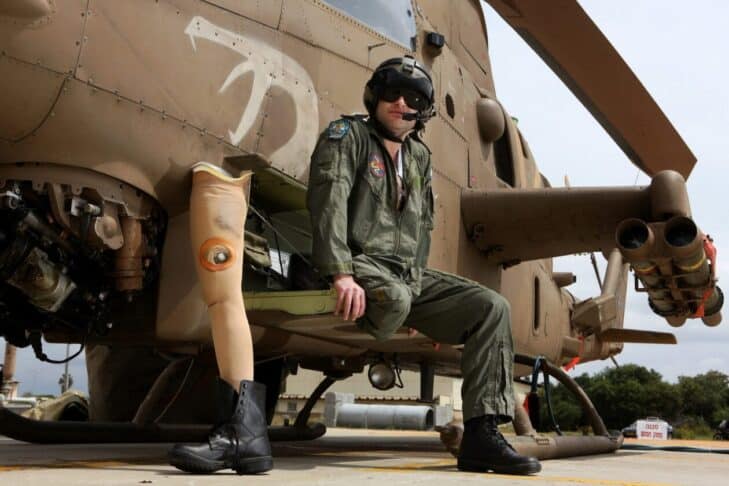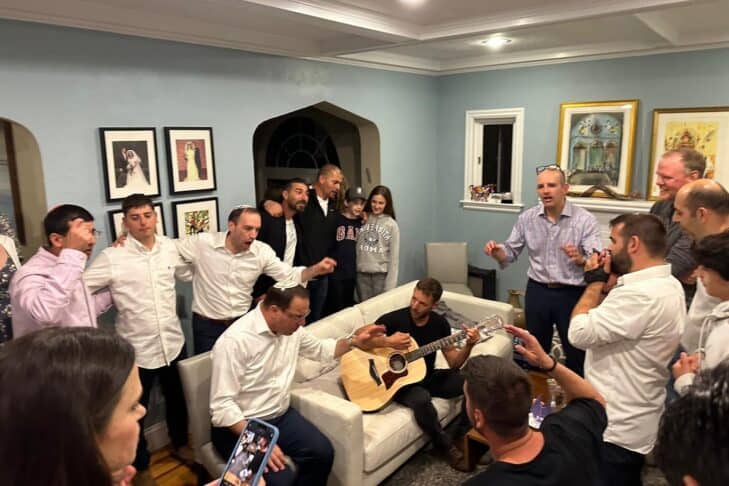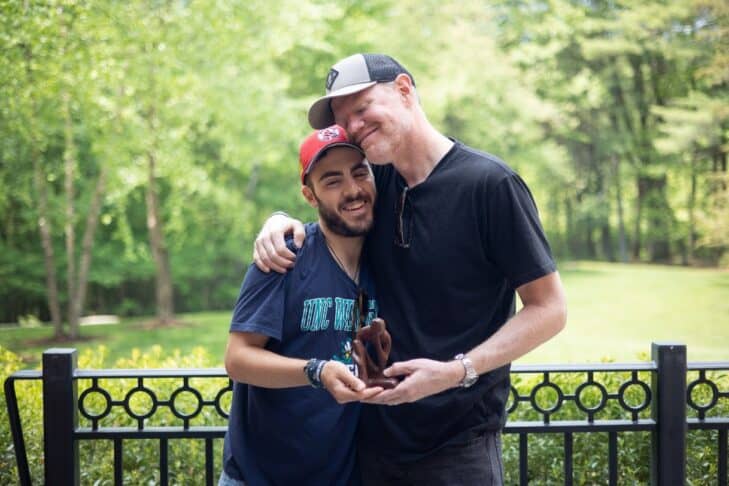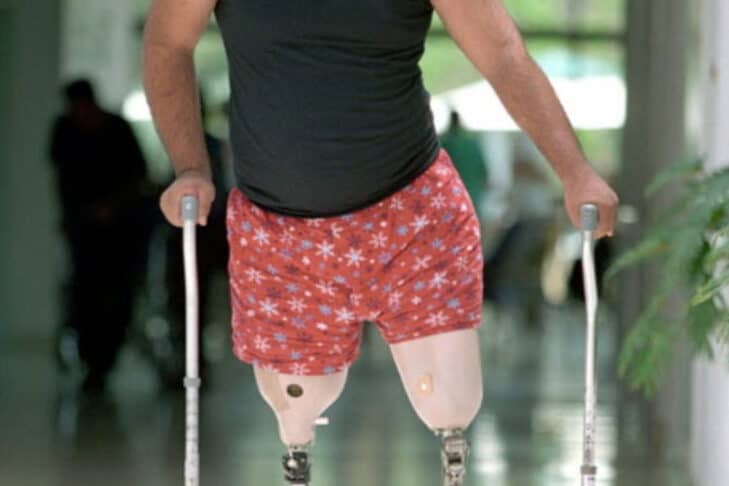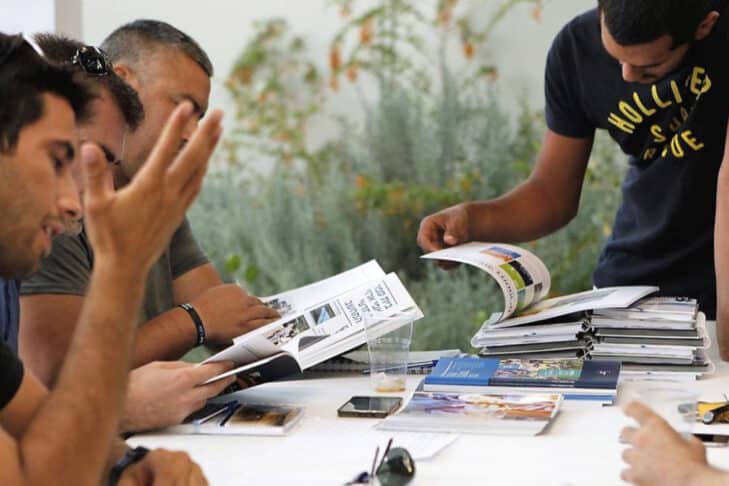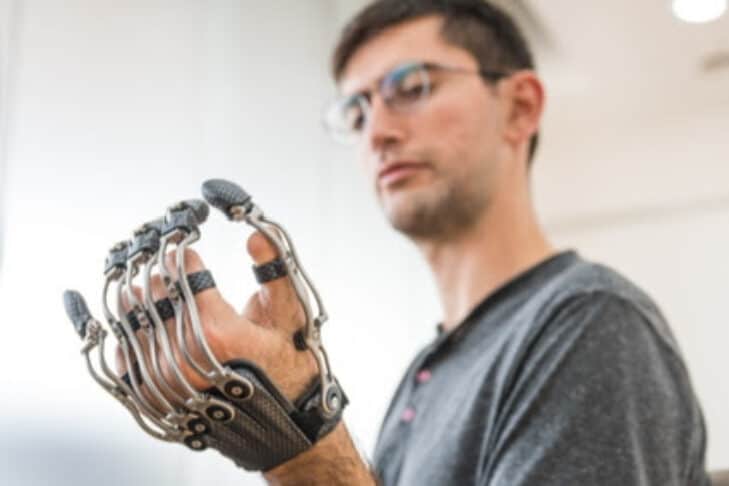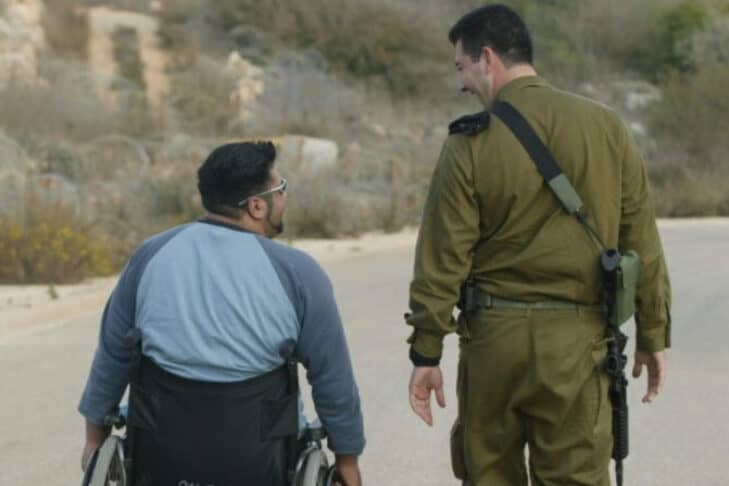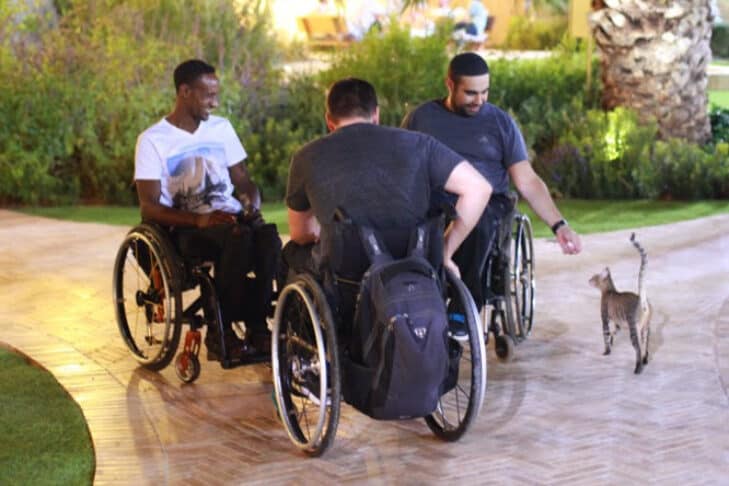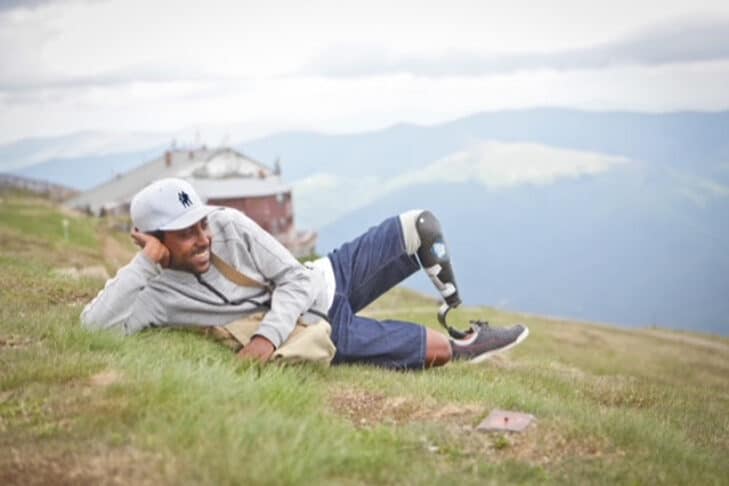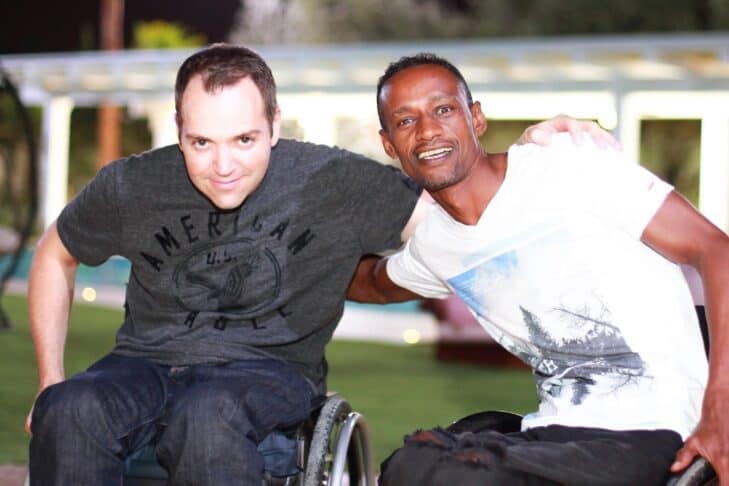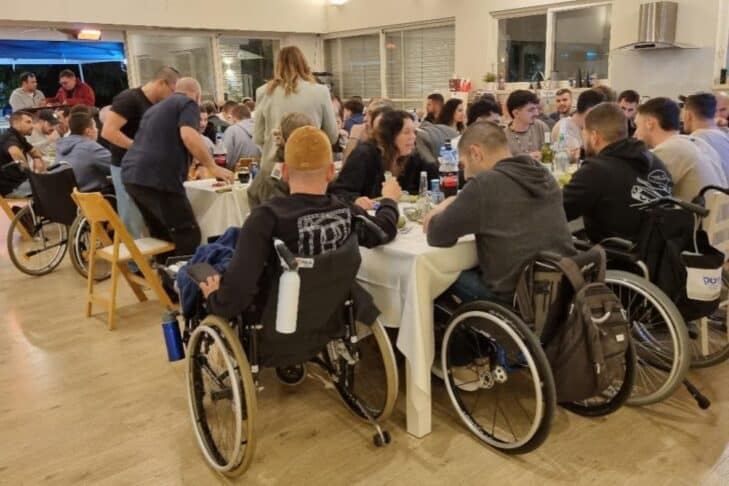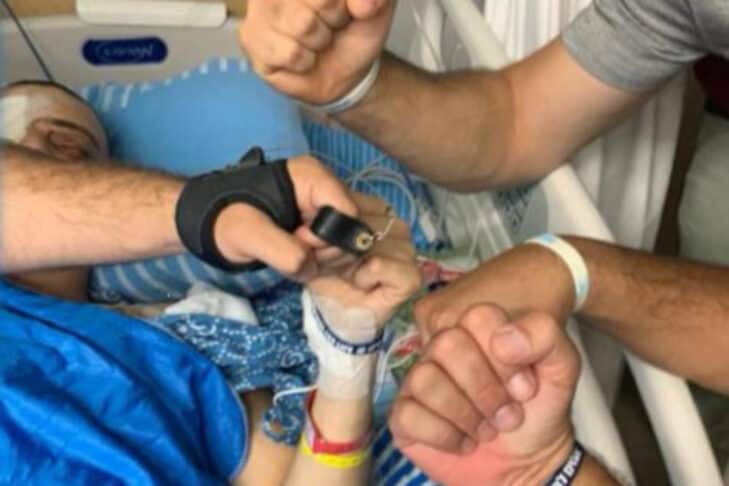In 2016, Shraga Stern—then a 30-year-old Israel Defense Forces (IDF) soldier—was stabbed in the chest while chasing a terrorist south of Jerusalem.
“It was really a life-changing experience,” says Stern, who suffered serious injuries to his lungs and to an artery. “When I passed out, I thought I was dying. When I woke up in the hospital, I realized I was alive. I got a second chance on life, and wondered, ‘What do I do with that second chance?’”
For him, the answer was getting involved with Brothers For Life (BFL), a nonprofit organization created and run by injured Israeli veterans that offers injured Israeli combat veterans and their families medical, emotional, and financial support, as well as access to more than 40 different soldier-run programs, heavily focused on PTSD counseling.
From the moment an IDF soldier like Stern is injured, the BFL hospital visitation team connects the soldier to BFL, assesses their immediate needs, and begins the mentoring process.
“I was immediately surrounded by a bunch of guys who had been through so much and achieved incredible things,” says Stern, who, as part of his recovery, joined the BFL triathlon team to help build his strength and his new community. “They became my role models and companions. As time went on, Brothers For Life gave me meaning as I was able to give back as a mentor and be there for other soldiers.”
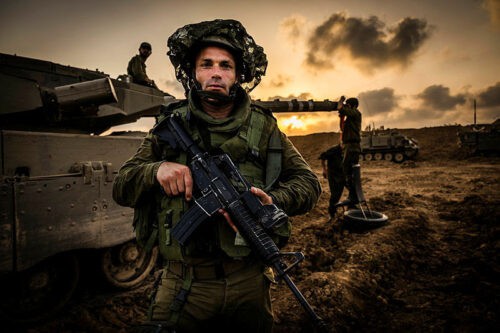
A rapid response
Since Oct. 7, BFL’s team has had more than 2,500 meetings with 1,000 newly wounded soldiers. In just over three months, the organization—which was founded in 2006 during the Second Lebanon War—has nearly doubled in size, says Guy Ronen, BFL’s Boston-based New England regional director and an IDF veteran who was injured in Gaza in the early 1990s.
Over the next two years, Ronen says, BFL expects to triple its numbers as it supports soldiers with ongoing—and emerging—physical and psychological wounds from the Israel-Hamas war.
To date, BFL has spent more than $1.3 million on its rapid response to the current conflict. Of that, $550,000 came from CJP’s Israel Emergency Fund.
“We are so grateful for the significant generosity of Greater Boston’s Jewish community,” says Ronen. “Over the years, Boston has become one of a few very special communities that has really embraced Brothers For Life, hosting our delegation, visiting us in Israel, and building an incredible relationship with our team and our soldiers.”
Since the war began, Ronen says, the BFL team has been working overtime to respond to the variety of needs of the newly injured soldiers. The organization now hosts a weekly event at its Beit Achim (which literally translates to “house of brothers”) headquarters, located between Tel Aviv and Jerusalem, to introduce soldiers and their families to all the services, benefits, and programs the organization offers. These events are also a chance for BFL members to show the newly wounded brothers and their loved ones that there can be a way to live with meaning after a devastating injury.
“For me, the most difficult thing was to see the parents of the newly wounded soldiers,” says Ronen, who was in Israel in December. “They were shell-shocked as much as those who were injured. It was very hard.”
To meet the needs of its growing membership, BFL opened a new campus in May 2023 in Kibbutz Alonim, near Haifa in northern Israel. As with the facility in the center of Israel, the house is run by BFL members. The new Beit Achim looks and feels like a real home and offers soldiers rehabilitation, therapy, alternative medical treatments, mentoring, classes, and workshops.
A call to serve
Stern, 38, was born in Israel to American parents who had made aliyah (immigration). After his mandatory IDF service, he continued in the army as an officer and company commander, and stayed active in his reserve unit. He now lives in Chicago, where he works for BFL.
On Oct. 7, he woke up to the news of the war. Before he was even called to serve, Stern took the first flight back to Israel. He fought in Gaza through the end of December and will return to the IDF in early February.
“I understood that every Jew has a role in this, and I do as well,” he says. “I’m just one of the many guys who came back to fight. We don’t love war—it’s the worst manifestation of human existence. We’re fighting because we have no choice. If we want to live in Israel, we must fight this evil.”
As a deputy brigade commander, Stern oversees 600 soldiers, some of whom were injured. What keeps him going is knowing that BFL—thanks to the support of Greater Boston’s Jewish community and Jews from around the world—will be there for his troops.
“Some of the decisions you make on the battlefield are life-changing and crucial for people,” he says. “I feel very strengthened knowing that we have BFL to personally care for our soldiers. With CJP’s backing, we can live out the Jewish value of ensuring that no Jew will ever be alone. It’s very powerful.”
Support CJP so we can continue meeting the needs of the Jewish community in Greater Boston and abroad.


